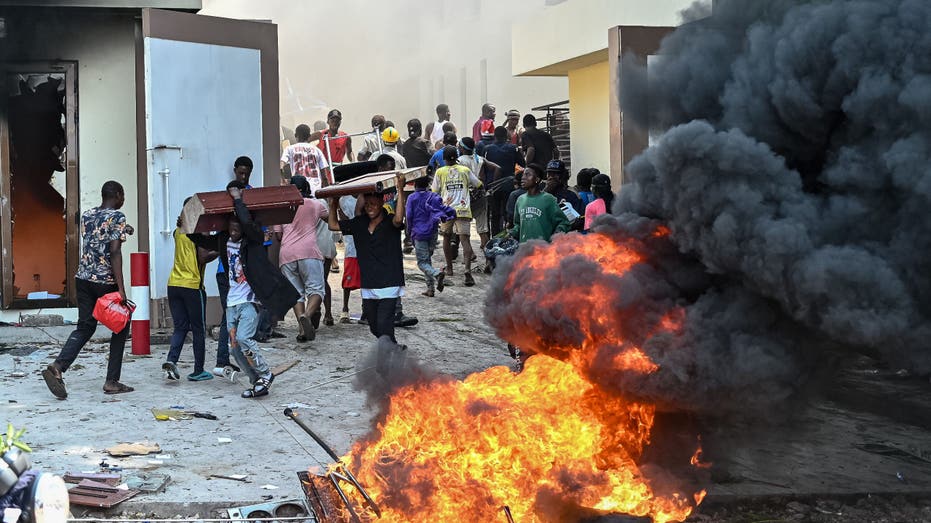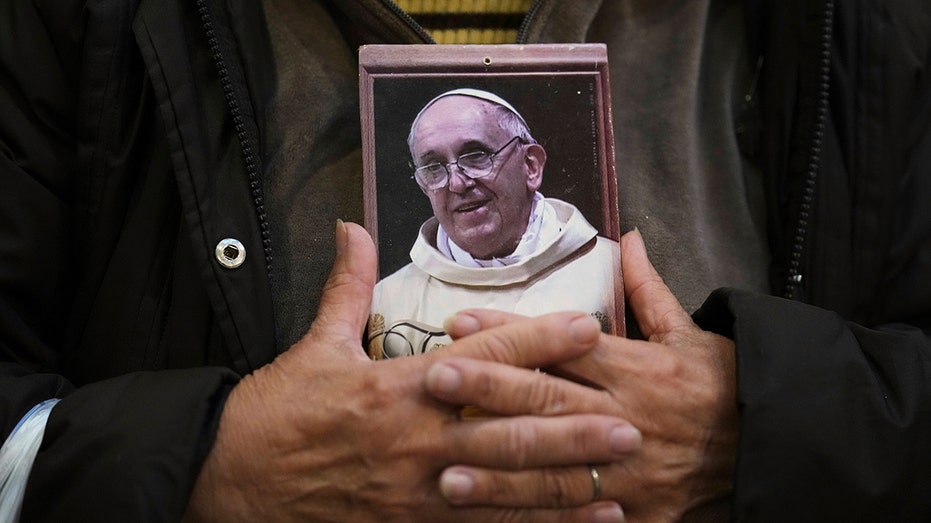Widespread Killing, Rape, and Disease: The Democratic Republic of Congo’s Living Nightmare

Sarah Johnson
March 9, 2025
Brief
The Democratic Republic of Congo faces extreme violence, exploitation, and humanitarian crises, including child labor in cobalt mines, rampant sexual violence, and deadly attacks on Christians.
The Democratic Republic of Congo (DRC) has tragically earned its reputation as one of the most perilous places on the planet, especially for women and Christians. Disease runs rampant, children as young as four years old are forced into grueling mining labor, and violence is an everyday reality.
Despite being a country where 95% of the population identifies as Christian, the faithful are under constant attack. Islamist ADF terrorists, aiming to establish a Muslim caliphate in the eastern region, recently executed a horrific act by beheading 70 Christians in a church. The world’s silence on this atrocity is deafening.
Women, too, bear the brunt of relentless violence. In just the last two weeks of February, the United Nations reported 895 rapes—a staggering average of over 60 per day. Patrick Eba, deputy director of UNHCR’s Division of International Protection, described the eastern region as a place where sexual violence, human rights abuses, and destruction of civilian homes are endemic. He also noted the mass displacement of hundreds of thousands seeking refuge across borders.
The horrors don’t stop there. In Goma last October, over 150 female inmates were raped, many subsequently burned to death, after prison guards fled amidst advancing M23 rebels. Male inmates took advantage of the chaos, unleashing unspeakable violence before escaping.
Even hospitals aren’t safe. Armed assailants recently stormed medical facilities in Goma, abducting dozens of patients. Meanwhile, mysterious disease outbreaks have plagued the country, with three reported in the past six months. The World Health Organization has identified one such outbreak in Equateur Province, where a fast-acting illness has claimed 60 lives and affected over 1,300 people. Tests for Ebola and Marburg virus have so far yielded no answers.
The ongoing conflict in the DRC is a brutal cocktail of greed, politics, and exploitation. Rebel groups, often backed by foreign powers, are fighting over the region’s vast deposits of critical minerals such as cobalt—essential for technologies ranging from electric vehicles to AI. Analyst Frans Cronje described the Kivu provinces as “one of the poorest regions on earth,” where thousands have been killed, pandemics are commonplace, and women live in constant fear of violence.
While some argue that control over minerals fuels the conflict, others, like Bill Roggio from the Foundation for Defense of Democracies, believe the violence stems from a mix of regional politics, ethnic tensions, and religious extremism. Regardless of the cause, the impact is devastating. Children are being forced into modern-day slavery, mining cobalt under horrific conditions. Despite global outcry, this exploitation persists, with China reportedly owning or co-owning 80% of the DRC’s cobalt mines. It’s estimated that 70% of the world’s cobalt comes from the DRC.
Jason Isaac, CEO of the American Energy Institute, highlighted the harrowing reality, stating that children as young as four are being forced into mines. A U.S. government report from late 2023 described the DRC as a nation “brutally pillaged throughout history” by corrupt leaders driven by greed and power, leaving innocent people to suffer.
As the world watches, the question remains: will global powers step in to address this humanitarian crisis? Experts like Roggio believe there are steps that can be taken, from counter-terrorism efforts to improving governance. A stable and prosperous Congo isn’t just a dream for its people—it’s a necessity for global security and economic stability.
Topics
Editor's Comments
The DRC’s plight is a stark reminder of how greed and human suffering are so often intertwined. It's hard to ignore the irony that the very minerals powering our tech-driven future come at such a devastating human cost. If we’re not asking tough questions about where our resources come from, are we really any better than the exploiters?
Like this article? Share it with your friends!
If you find this article interesting, feel free to share it with your friends!
Thank you for your support! Sharing is the greatest encouragement for us.



